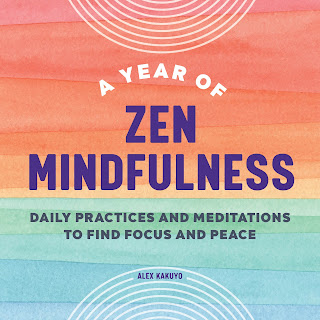No one ever talks about the connection between homesteading and crisis management.
If one goes to Instagram and searches for #homesteadlife or #hobbyfarm, they'll be greeted with pictures of happy chickens, well-groomed garden beds, and barns that look like they came from a magazine.
The message is that growing food and caring for animals is a lazy, carefree way to spend one's life. You can collect eggs in the morning, do yoga in the afternoon, and pose for pictures with your goats without the specters of stress, fear, or worry ever darkening your door.
Dear reader, this is a lie from the darkest corner of Avici hell.
The process of living on the land is the process of dealing with catastrophe. In this year alone my rabbits were infected with ear mites, aphids attacked my fruit trees, several garden beds succumbed to pill bug infestations, and my state is experiencing a drought.
So much suffering, so little time.
But in the midst of all that struggle, there's one inescapable truth that I can't ignore. I love this life.
I love growing food. I love caring for animals. I love watching my land move and change with the seasons. These things make me happy and fill me up in a way that other parts of my life cannot.
Each time I indulge in these mundane pleasures I'm reminded that I can't love the good parts of this life without also loving the struggle that makes them possible.
Being a homesteader means learning to love the fight.
There's always something broken, and there's always an unreal amount of joy when I fix it. There's always a problem and there's always so much happiness when I correct it.
Fighting is easy when you know the struggle will be worth it. And I'm realizing that there are times when avoiding issues isn't the right solution. Sometimes, I need to tackle them head-on and trust that I'll do the right thing.
As I ponder this, I see the deeper wisdom of the first noble truth. When Buddha said, "Life is Suffering," he was speaking to every homesteader who's ever lived. But I think he was also speaking to people in general.
In the West, we're taught that if we're smart enough, moral enough, and responsible enough, bad things won't happen. So, when bad things do happen, we waste time looking for someone to blame.
This is the wrong approach to life.
It's better to remind ourselves that being human is being a crisis manager. It's living with the understanding that broken things are a natural part of life; almost as natural as us learning how to fix them.
Whether it's a car, an appliance, or a relationship that requires our attention, as Buddhists, we have the wisdom required to make good come from a bad situation. And the satisfaction that comes with defeating hardship makes it all worth it in the end.
We just need to trust in our abilities, our wisdom, and the strength of our spiritual practice.



Comments
Post a Comment